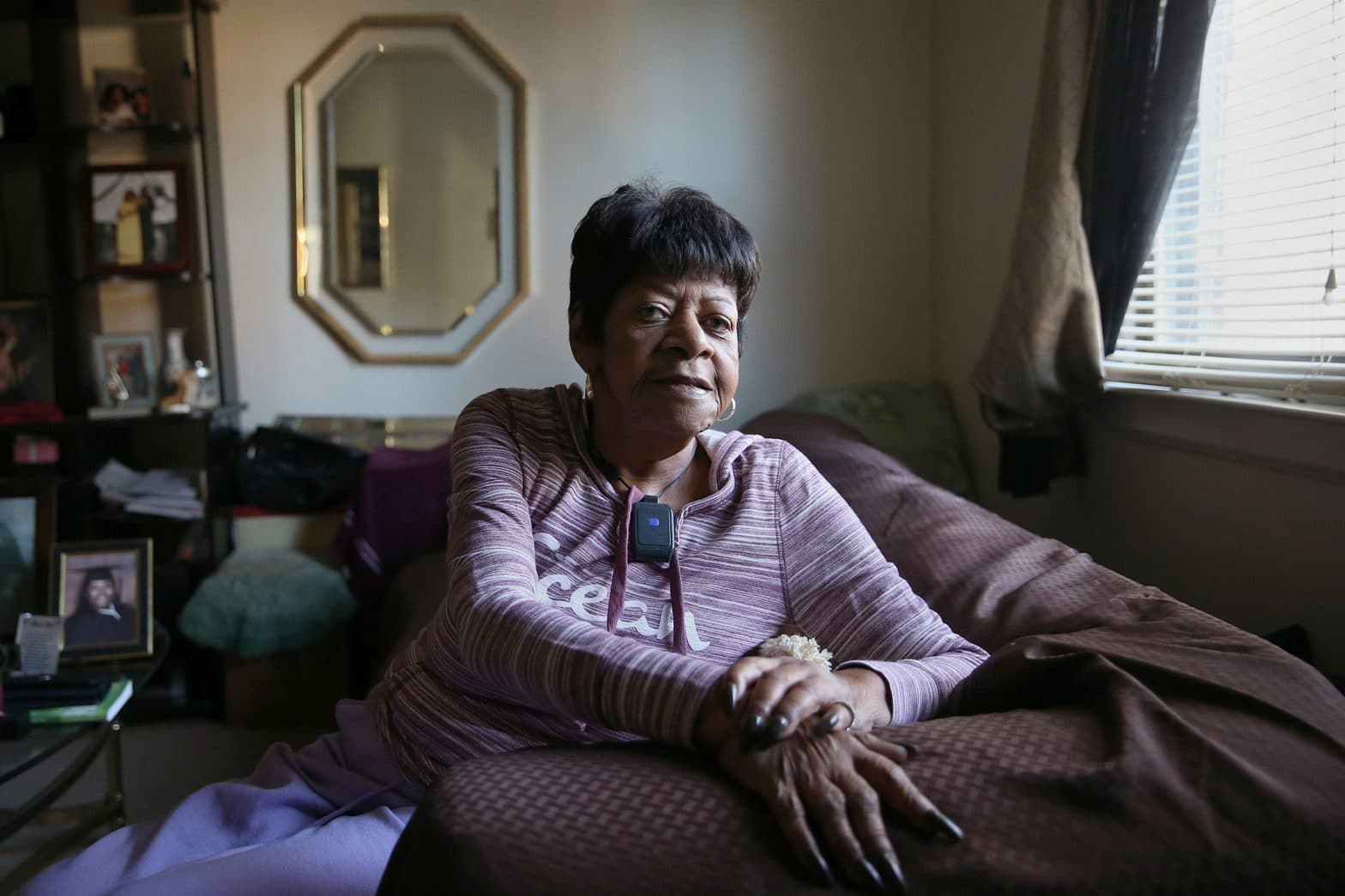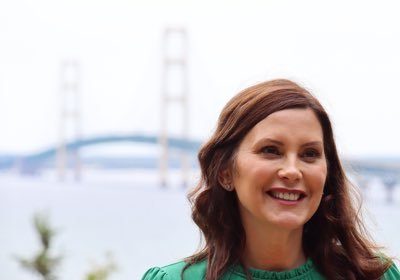In Philadelphia, Women Outnumber Men by 90,000 — the Widest ‘Gender Gap’ Among Major US Cities

PHILADELPHIA — At 74, Rosa Rodriguez keeps outliving her men.
Her husband and two boyfriends died at relatively young ages. Meanwhile, Rodriguez, a former worker in a sewing factory, continues to enjoy cooking, watching TV and socializing at Norris Square Senior Community Center.
“Men don’t take care of themselves like women do,” said the mother of five, who moved to Philadelphia from Puerto Rico 60 years ago. “Sometimes I’m lonely. But a lot of the time, I’m just fine.”
Rodriguez is part of a surprising state of affairs here: The imbalance between the number of adult women and men is so great that, among the nation’s 10 biggest cities, Philadelphia is the most predominantly female.
Within the city, women outnumber men by about 90,000, according to a Philadelphia Inquirer analysis of U.S. Census Bureau figures. That works out to 86.4 men for every 100 women. On the other end of the scale, San Jose, Calif., has 100.2 men for every 100 women, possibly because of the male-dominated tech industry.
“Philadelphia is a city of women,” said Thelma Kennerly, who runs a food kitchen at Devereux United Methodist Church in Tioga. “Our men are dead or in jail. But women are still out here. Women are the stronger ones.”
Nationwide, the ratio of females to males is nearly balanced at 51% to 49%. But in Philadelphia, census figures show, 53.6% of the 1,240,047 adult residents are women (665,238 individuals) and 46.4% are men (574,809 individuals).
It doesn’t start out so skewed. In fact, between ages 10 and 17, boys outnumber girls in Philadelphia: 106 males for every 100 females. But then gender imbalance begins to reverse and announces itself more and more dramatically during the aging process, as the number of men relative to women diminishes.
It’s no coincidence that along with being the most female, Philadelphia is also the poorest of America’s large cities, with nearly 1 out of every 4 residents living in poverty.
As though to underscore the point, within the two surrounding counties with the highest poverty rates — Delaware and Camden counties — women also significantly outnumber men: 52.7% to 47.3%, and 52.6% to 47.4%, respectively.
Poverty is a major part of the story. Related aspects of indigence such as incarceration, racism, violence, insufficient health care, and physically taxing or even dangerous jobs take their toll on men in the city — most strikingly, low-income African Americans.
———
If Philadelphia followed the nationwide female-to-male ratio, the number of women here would exceed men, not by 90,000, but by a far smaller margin of just 24,000.
That leaves 66,000 more women than would be expected — a figure that can be called the “Philly gender gap,” according to John Roman, a senior fellow with NORC at the University of Chicago (formerly known as the National Opinion Research Center).
So, where did all of Philadelphia’s men go?
First, check the prisons. About 13,000 of them are incarcerated in state facilities outside the city, Roman said. About 20% of the gender gap, therefore, can be directly linked to state prison commitments.
And the rest? Early death may be the answer.
Among Philadelphians 60 and older, the female-male ratio widens significantly, according to Allen Glicksman, director of research and evaluation for the Philadelphia Corporation for Aging.
His analysis of figures from the Public Health Management Corporation’s 2018-19 Southeastern Pennsylvania Household Health Survey shows that older Philadelphia females make up about 58% of that population.
In other words, there are roughly 50,000 more women than men aged 60 and over.
The numbers tell us that many Philadelphia men are dying young, Glicksman and others said.
———
Data show that in Philadelphia, there are 78 black men per 100 black women; 95 Latino men per 100 Latino women; and 93 non-Hispanic whites per 100 non-Hispanic white females.
“Almost all the gender difference in Philadelphia is concentrated among African Americans,” said sociologist David Elesh, a Temple University emeritus professor. “There’s more mortality, especially as you look at older African American men.”
Overall in the United States, life expectancy is 81 for women, 76 for men.
Life expectancy among black men in Philadelphia is just 69.1 years, 10 years lower than black women, according to a March report, “Brotherly Love: Health of Black Men and Boys in Philadelphia,” assembled by the city.
As for other Philadelphians, the life-expectancy rates are 87 for Asian men, 90 for women; 74.4 for Hispanic men, 83.6 for women; and 74.3 for white men, 80.4 for women, according to 2017 city Department of Public Health figures.
One fascinating statistic Glicksman discovered: Among all Latino people 75 and older in Philadelphia, 93% are female and just 7% are male. In other words, for about 4,700 Latina women of that age in the city, there are only 343 men.
According to the Brotherly Love report, African American males in Philadelphia experience high rates of cardiovascular disease and hypertension at a younger age. Homicide is the leading cause of death for black males aged 15 to 34 in the city.
Nationally, between ages 45 and 64, black men have a 70% higher risk than white men for developing heart failure, according to Boston Scientific, a Boston-based medical-device manufacturer. Black Americans of both sexes are 77% more likely than whites to be diagnosed with diabetes.
Living in substandard housing in unsafe neighborhoods while working at low-paying, physically sapping jobs can generate tremendous amounts of stress that affect the nervous system, and ultimately attack the body and brain with disease, health experts say.
Of course, women face many of the same poverty problems. So, why are they outliving their men?
“Women are tougher,” said Janet Chrzan, a nutritional anthropologist at the University of Pennsylvania. “They have better immune systems, and they tend to survive better than men in every society.”
Male hormones decrease immune function and increase the risk of cardiovascular disease, doctors say. Men smoke more, and get into more fights and car accidents than women, also because of male hormones, which heighten risky behaviors, medical science postulates.
Further, women are more apt to go to the doctor and listen, said Doris Kitt, a case aide with the UUH Outreach Program in Germantown, a nonprofit helping older Philadelphians.
“Men are too macho,” Kitt said. “They’ll say, ‘I don’t need my pressure checked, and my prostate is fine.’”
More accustomed to seeing a physician when they become pregnant, women grow used to taking medical advice, said Maria Gonzalez, president and CEO of HACE, a nonprofit community development corporation in the Fairhill neighborhood.
Also, the social aspect of women’s lives is often missing from men’s. “Women are more communal, with friends they consider family,” said Adriana Perez, an expert on brain and cardiovascular health at the Penn School of Nursing. Many men will suffer through loneliness that can hasten illness, research shows.
Senior Latina women form a “vibrant” community and have demonstrably low levels of stress, even though they live in poverty, Perez said.
And, she added almost confidentially, some of the women she studies will say they live longer merely because their spouses are gone: “They laugh and tell me, ‘Now, we’re able to enjoy life.’”
Queen Esther Waites, 80, an African American woman who lives in Germantown, lost her husband, Clarence, in 2008 after 52 years of marriage. A member of the Air Force his entire working life, he suffered from diabetes and died at 72.
“You’ll see six men and 75 women in my church on Sundays,” said Waites, a former security guard and day care worker who lives in poverty. “Some of my friends are excited to be without husbands — it’s a sense of doing it on their own.
“Yes, I miss Clarence, and I could use help with my bills. But I can’t expect anything from him now.”
———
©2019 The Philadelphia Inquirer
Visit The Philadelphia Inquirer at www.inquirer.com
Distributed by Tribune Content Agency, LLC.
























